Do Extraordinary Claims Require Extraordinary Evidence?
Sometimes, in conversations with atheists, they try to say that “Extraordinary Claims Require Extraordinary Evidence” Are they right?
One problem with this statement is that it could possibly be self-defeating. Think about it, the claim itself, to say that extraordinary claims require extraordinary evidence is to make an extraordinary assertion. How does the person know that the statement is true? Think about it. It is a universal statement! Isn’t that extraordinary? Is it a universal principle? If so, that is amazingly important. So, please show us the extraordinary evidence that the statement is true. I’m not sure about this, but the claim could be self-defeating depending on whether the claim is itself an extraordinary claim.
ANY claim, whether they seem extraordinary or not, only requires SUFFICIENT evidence. The amount of proof or evidence needed to establish a fact only needs to be sufficient to warrant belief in it. What type of claim is extraordinary or not could possibly be arguably subjective. People vary on what they find unbelievable. Plus, no criteria are given for what counts as extraordinary evidence. Because no criteria are claimed for what would count as extraordinary evidence, no matter how much evidence and rational argumentation you give for your position, the one who holds the opposite view could just keep moving the bar up. He could just keep shaking his head saying “Nope, not enough evidence. You need to provide more.” So that you could never provide enough evidence to warrant support for the position you believe to be true. Do extraordinary claims require extraordinary evidence? No. They only require sufficient evidence for belief. Of course, you might ask “What counts as sufficient evidence?” To that, I do not know the answer. Although evidence is objective, how much evidence is enough to convince a person seems somewhat subjective. Now, I’m not saying that truth is subjective (opinion based) nor am I saying that evidence is subjective, but rather that what amount of objective evidence to convince someone of something differs from that another. Some people can come to believe something on less evidence than someone else. Although this seems to raise another issue. It seems the same problem arises from saying “Any Claim Requires Sufficient Evidence” as it would if one were to say “Extraordinary Claims Require Evidence.” Someone could just keep shaking their head, raising the bar higher and saying “Nope, this is not sufficient enough evidence required to believe your claim.” What do we do about this?
Well, for one thing, I think that when I provide evidence to back up my claim, if someone is still skeptical I should like to know why. For example, if I give The Kalam Cosmological Argument and provide evidence for the 2 premises of the argument, then why does the person I’m talking to continue to disagree with the conclusion, that “Therefore The Universe Has A Cause” and that the cause is a spaceless, timeless, immaterial, powerful, supernatural, personal cause? Is one of the premises of the argument false? If they’re both true, then the conclusion follows logically and necessarily by the laws of logic (in that specific case, modus ponens; if P then Q, P, therefore Q.) As William Lane Craig has said, “skepticism is not a refutation.” If you’re not convinced by my arguments, I’d like to know why. That’s how debate works. You tell me what’s wrong with the logic of the argument or WHY the evidence is not sufficient enough to warrent the belief of the premises of the syllogism. This is how we solve the problem. Someone could NOT just keep shaking their head, raising the bar higher and saying “Nope, this is not sufficient enough evidence required to believe your claim.” If someone did, we would rightfully ask “Why? How am I wrong? Is my logic flawed? Are my facts flawed? Or are both my logic and facts flawed?” Again, skepticism is not a refutation.
Another problem with the atheists using this slogan is that it can be thrown right back at them. The atheists sometimes tout “Extraordinary claims require extraordinary evidence.” But it seems to me that all physical reality popping into being, uncaused, out of absolutely nothing, having it’s laws of physics fine-tuned to a fantastic degree, and having an immensely complex factory (i.e. the cell) assemble together all by itself in a so-called primordial soup, to be a claim extremely extraordinary. Yet, the atheist tries to cast all the burden of proof on the theist by claiming a position of neutrality (Atheism is a lack of belief, not a belief that there is no God) and not give evidence and good reasons to believe his ridiculous view.
Don’t get me wrong, theists do bare the burden of proof when we claim that there is a God, but when atheists claim that there is no God, it is THEM that bare the burden of proof. Anyone who makes a positive truth claim bares the burden to provide reasons to believe that truth claim. Anyone who makes a positive assertion needs to provide reasons to believe that assertion if anyone is going to take him seriously. And if they (the atheists) really believed that “extraordinary claims require extraordinary evidence” one has to think on just which view is truly more extraordinary, is it harder to believe that outboard motors and codes can assemble by chance + some supposedly undiscovered natural laws, or is it harder to believe that things look designed because they really were designed? I think the latter is far easier to believe. If something looks, sounds, walks and quacks like a duck, shouldn’t at least part of the burden of proof be on those who are claiming that it isn’t a duck? If things appear to be designed, shouldn’t the atheist put forward some reasons to believe they weren’t designed? I think the answer to that question is; yes.
Of course, I would never use the “extraordinary claims require extraordinary evidence” slogan on the atheist anyway because I believe the view is false and the reasons I believe it is false are listed above. But it is true that if you make a certain claim, it’s not unreasonable for someone to ask you to back up that claim with reasons.
Original Blog Source: http://bit.ly/2phSfbF

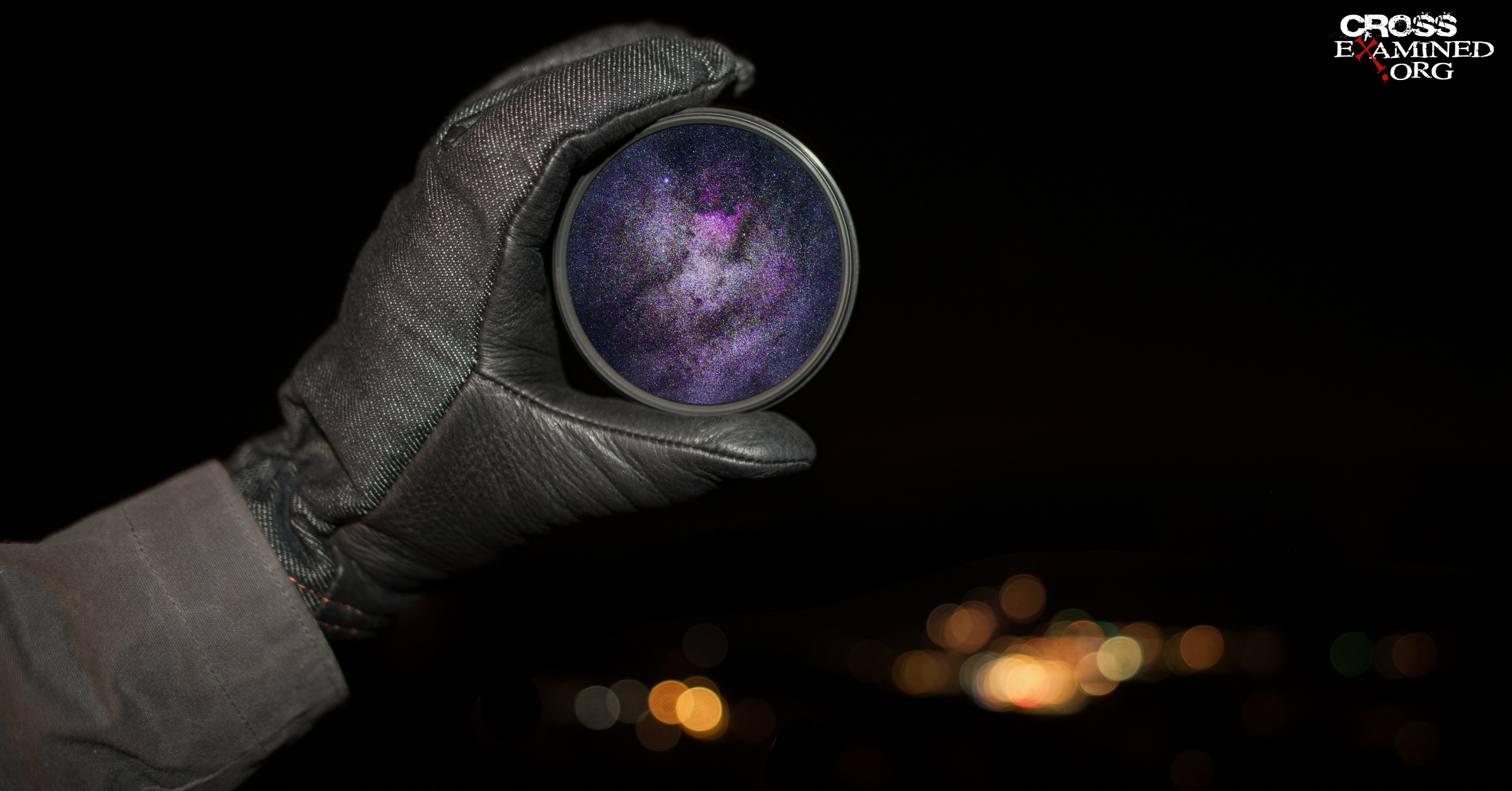

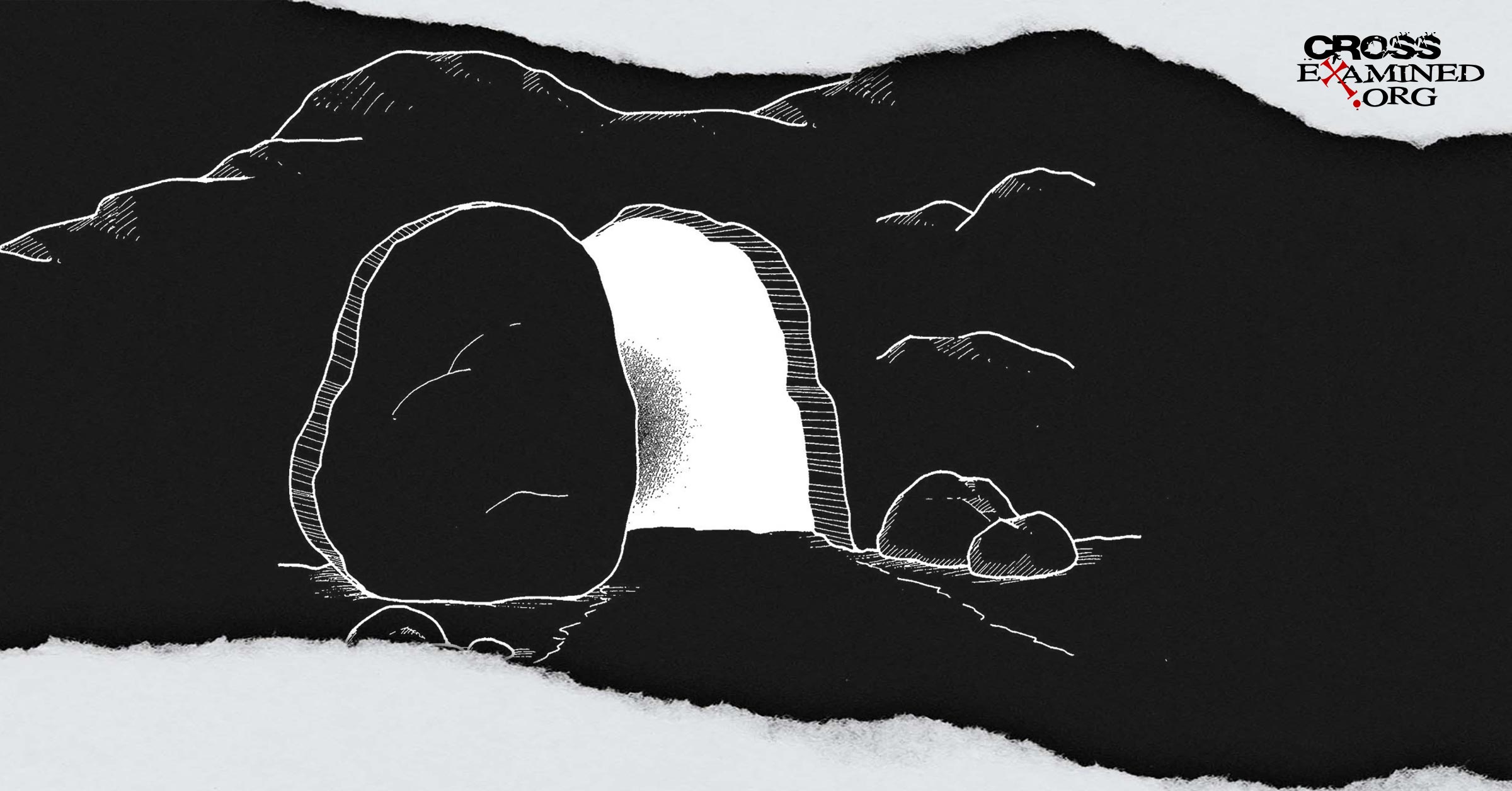
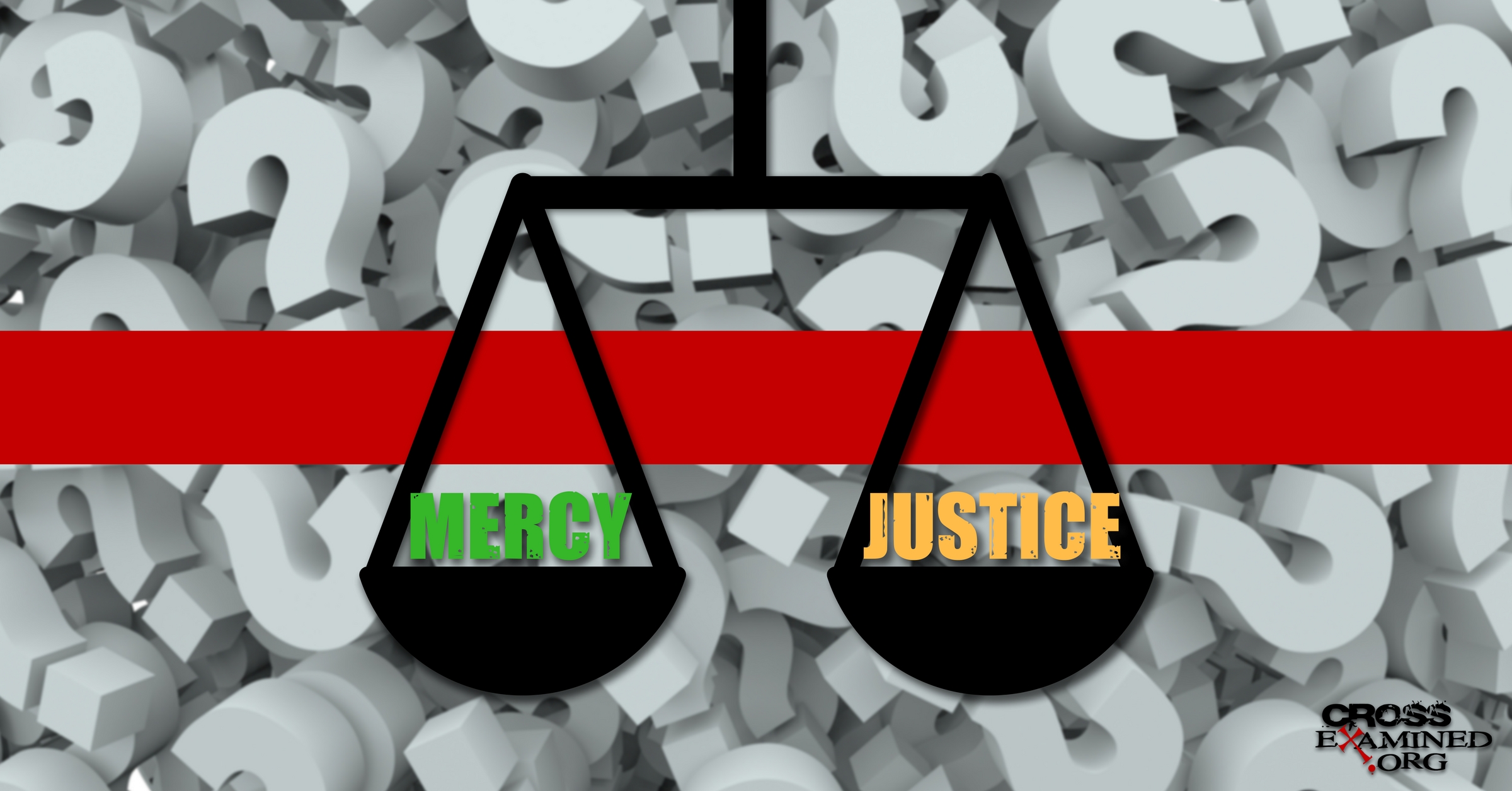
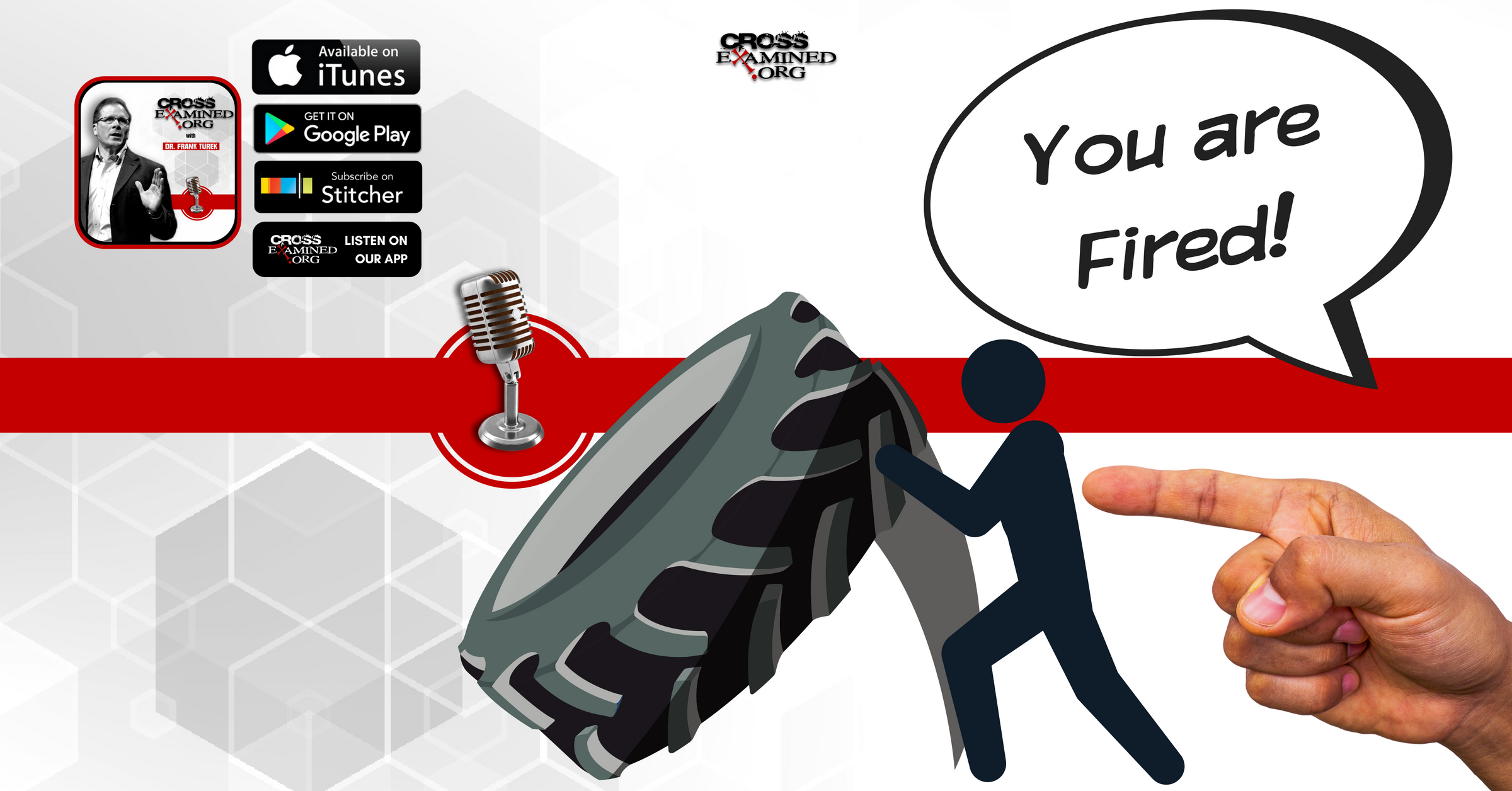

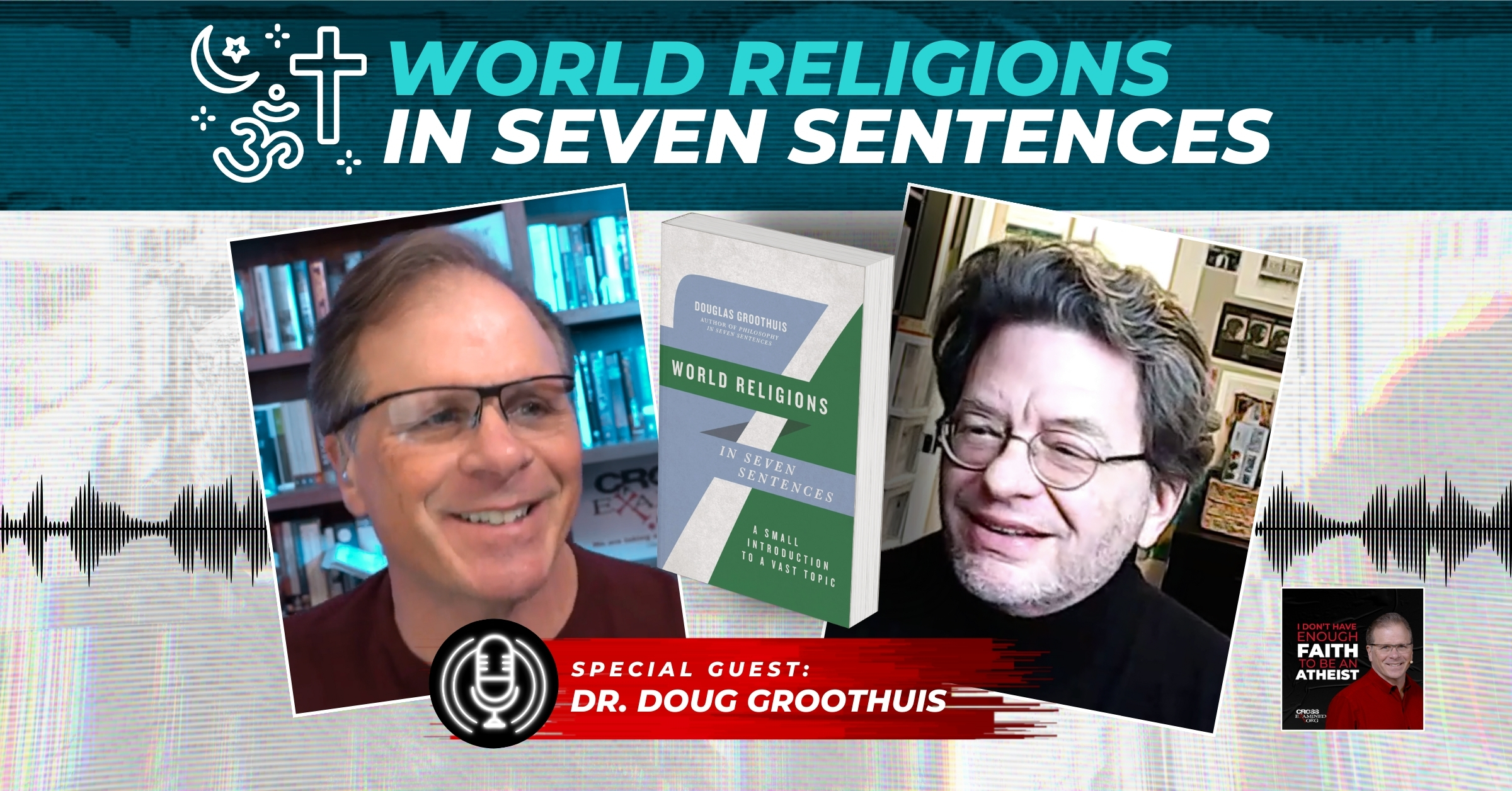
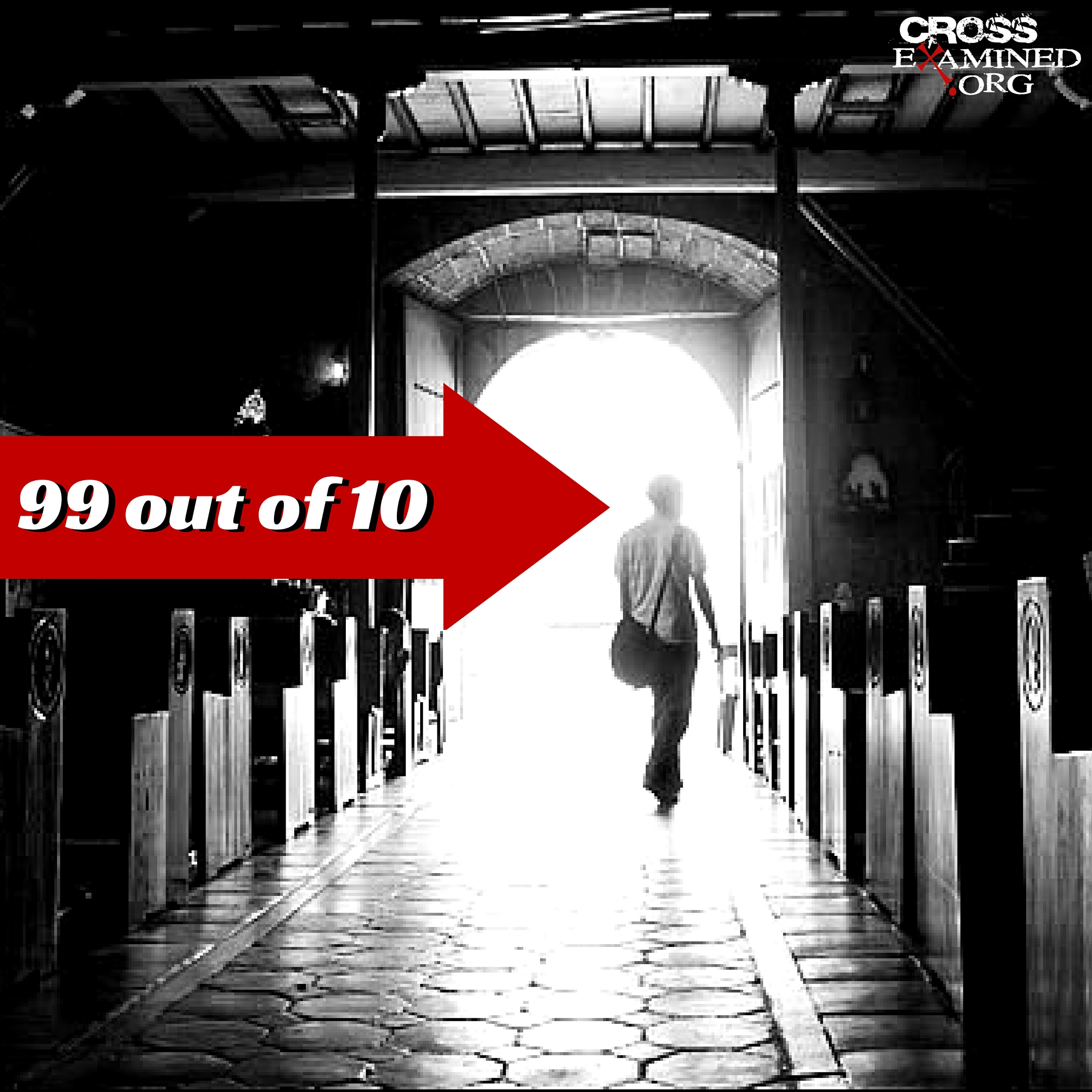


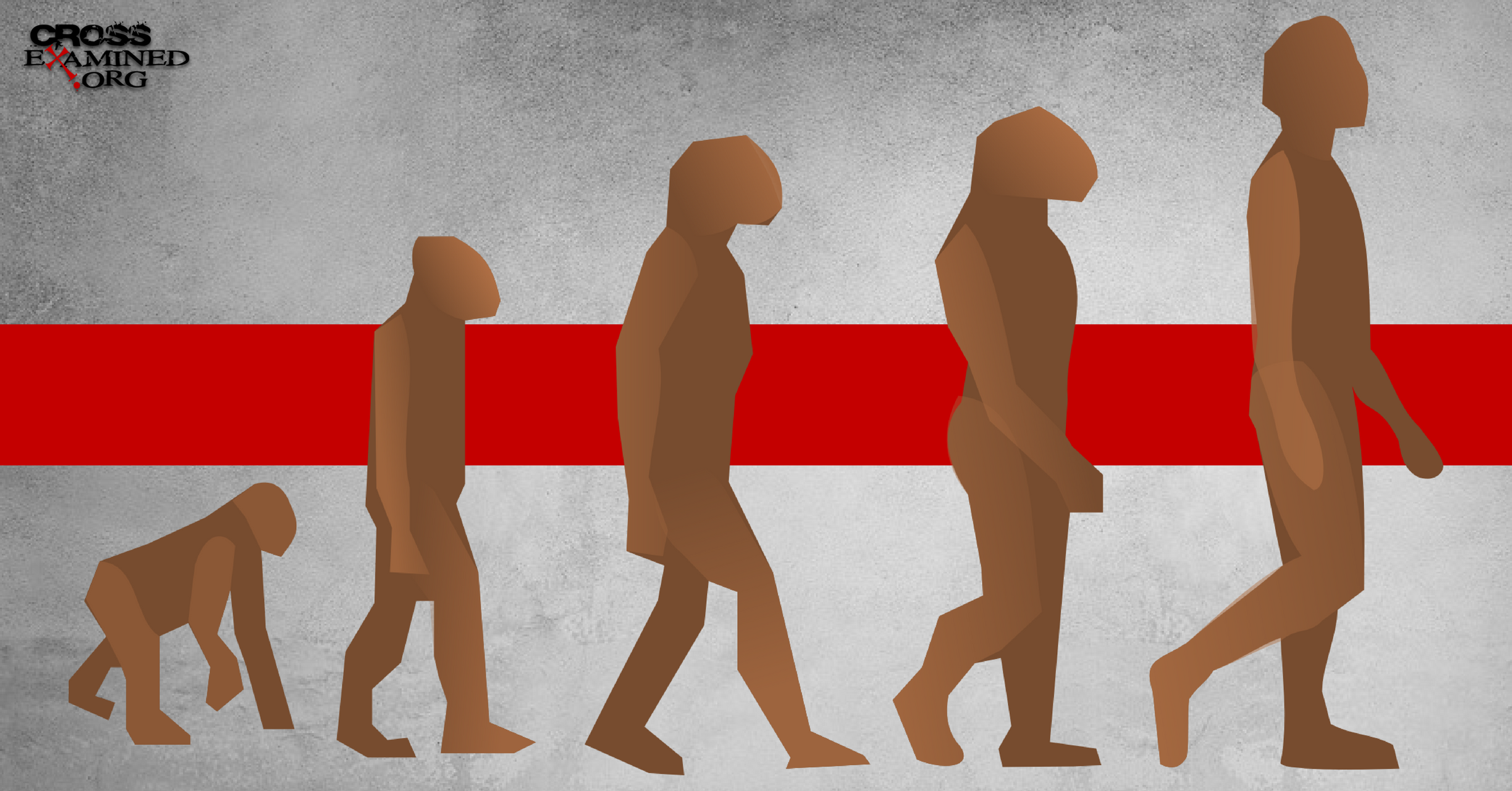
Leave a Reply
Want to join the discussion?Feel free to contribute!